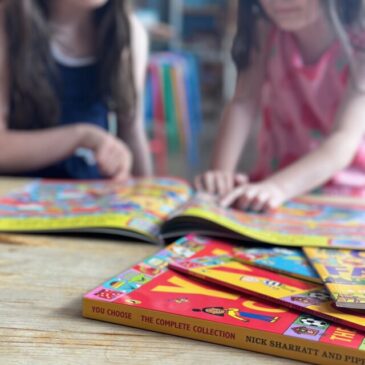
The benefits of journalling for kids

This is a collaborative post
Let’s take a trip down memory lane. Did you ever have a book that would be kept hidden under your pillow or in your sock drawer? One that was full of scribbles and a whole lot of emotion? At the time you may have seen it as a diary, but there is a big chance you were practicing journalling without realising it. If you are one of those parents that never practiced this, it is important to know how effective this one tool is in helping children regulate their emotions and work on effective communication. There also many academic advantages that come with this activity. Below are only a few of the many ways that journalling benefits kids.
Strengthens communication and writing skills
For those seeking long term academic success, journalling is a simple addition that can make a world of a difference. This is because it is essential for students to know how to write well and clearly express their thoughts and ideas through it. Students that write answers that are poorly written can often be perceived as low performers which is why it is vital to help students work on their written communication skills from a young age. A journal promotes continuous writing, one which is easily approached and helps young one’s work on their skills without the additional effort.
Makes writing a task that is interesting
Many children steer away from writing because they relate it to school and homework. In order to help your child succeed when it comes to their learning, they need to enjoy writing to a certain extent. This is where journalling comes in. A light exercise that allows them to write about whatever their heart desires is the way to go. Children learn best when they find excitement in the task and don’t feel pressured. Writing will seem fun all of a sudden and in turn, make it easier for them to complete in class too. Allow your child to make the journal their own. With the addition of stickers and personal doodles, their journal will become an exciting addition to their daily practices.
Helps them work on internal struggles
Sometimes, it seems no one in life can understand you. This feeling can be found in young people too, which is why you will see them lash out and have tantrums when they can’t fully comprehend how they are feeling. For children who find it difficult to explain their thoughts and emotions, journalling can be their escape. A safe and non-judgemental space could be all that they need for them to work on self-regulation and managing their emotions and thoughts in a healthy way.

















































